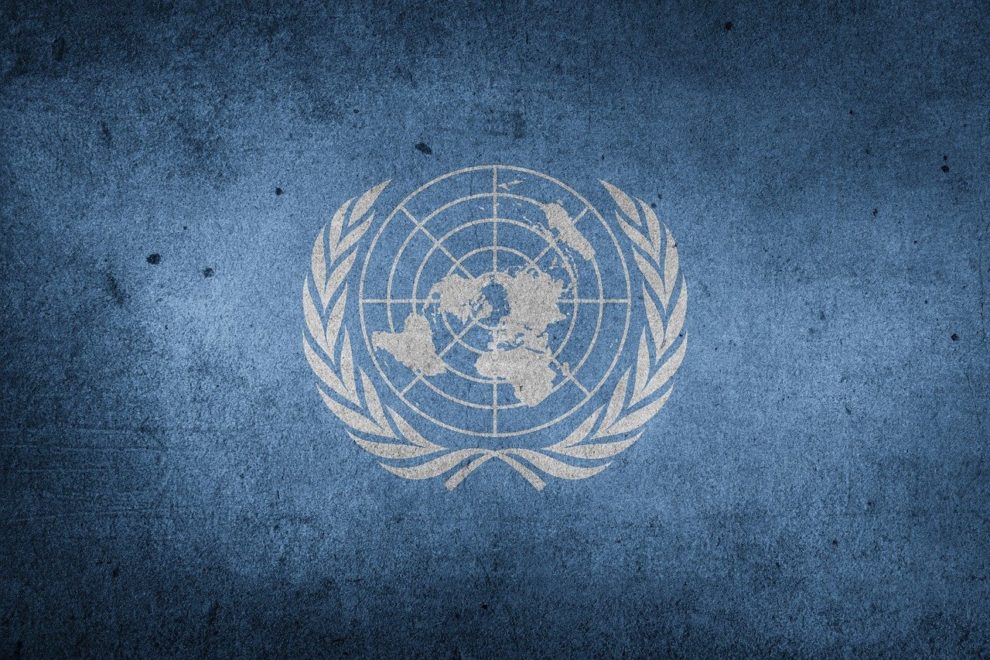The head of the UN mission in the Democratic Republic of Congo voiced concern Monday about the escalating risk of “direct military confrontation” between DRC and Rwanda, as Kinshasa calls for a speedier withdrawal of peacekeepers.
In recent weeks, the situation in DRC’s North Kivu province on the border with Rwanda has “further deteriorated,” United Nations envoy Bintou Keita told the Security Council.
“Regional tensions between the DRC and Rwanda have further escalated, heightening the risk of a direct military confrontation that could also draw in Burundi,” she said.
Relations between Kinshasa and Kigali, still tense since the major wars of the 1990s and 2000s, have soured in the last two years with the resurgence of M23 rebels in North Kivu.
DRC has accused Rwanda of supporting the Tutsi-led fighters, who have seized swathes of land in the east of the country since launching an offensive in late 2021.
The heightening of regional tensions comes as Kinshasa has asked the world body for the “accelerated” departure of some 14,000 peacekeepers starting this month, amid public perceptions that the Blue Helmets are ineffective.
Late last month, the UN mission (MONUSCO) and the government signed a withdrawal plan that was not made public.
France has drafted a resolution that would explain how the withdrawal will work, which must be adopted before the mission’s mandate expires on December 20, Paris’s UN envoy Nicolas de Riviere said Monday.
The text maps out a first phase in which peacekeepers would leave South Kivu province by April 30, he said.
The Security Council in October insisted on a retreat that is “gradual and responsible.”
“We are now at an important turning point in relations between the United Nations and DRC, but also at an important moment for the country itself,” Keita said, with just days to go before the country votes in presidential and legislative elections on December 20.
She noted “progress” in terms of the election process despite “significant logistical, financial and security challenges,” as well as issues raised by the opposition about the integrity of voter rolls and a lack of communication about voting procedures.
“I am also alarmed by the proliferation of mis- and disinformation as well as hate speech, online and offline, in the context of the electoral campaign,” she said, as well as a rise in misogynistic attacks targeting woman candidates.
More generally, she decried a “totally unacceptable” spike in gender-based violence and sexual exploitation nationwide, with 90,000 cases reported since the start of the year, 39,000 of them in North Kivu.
